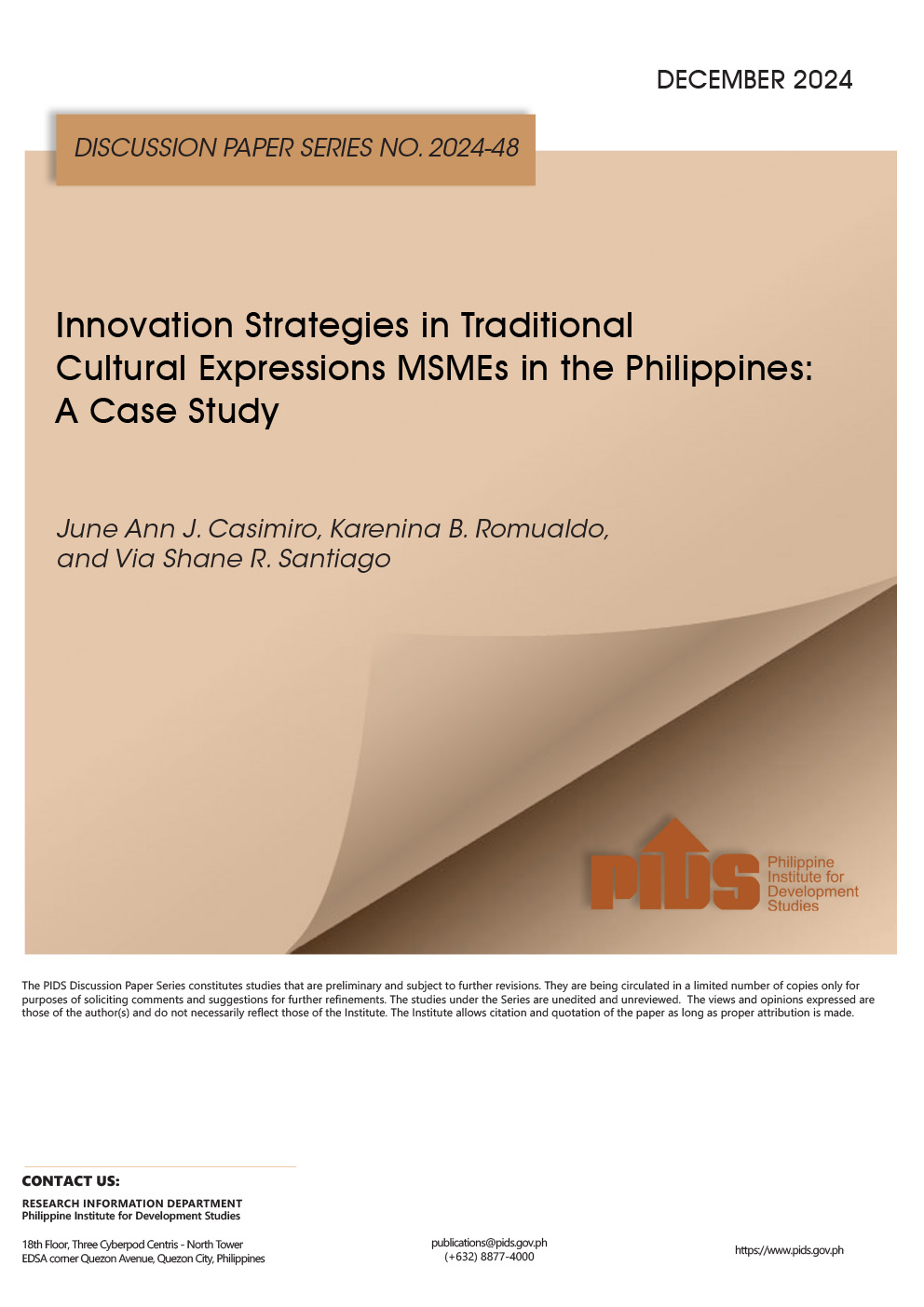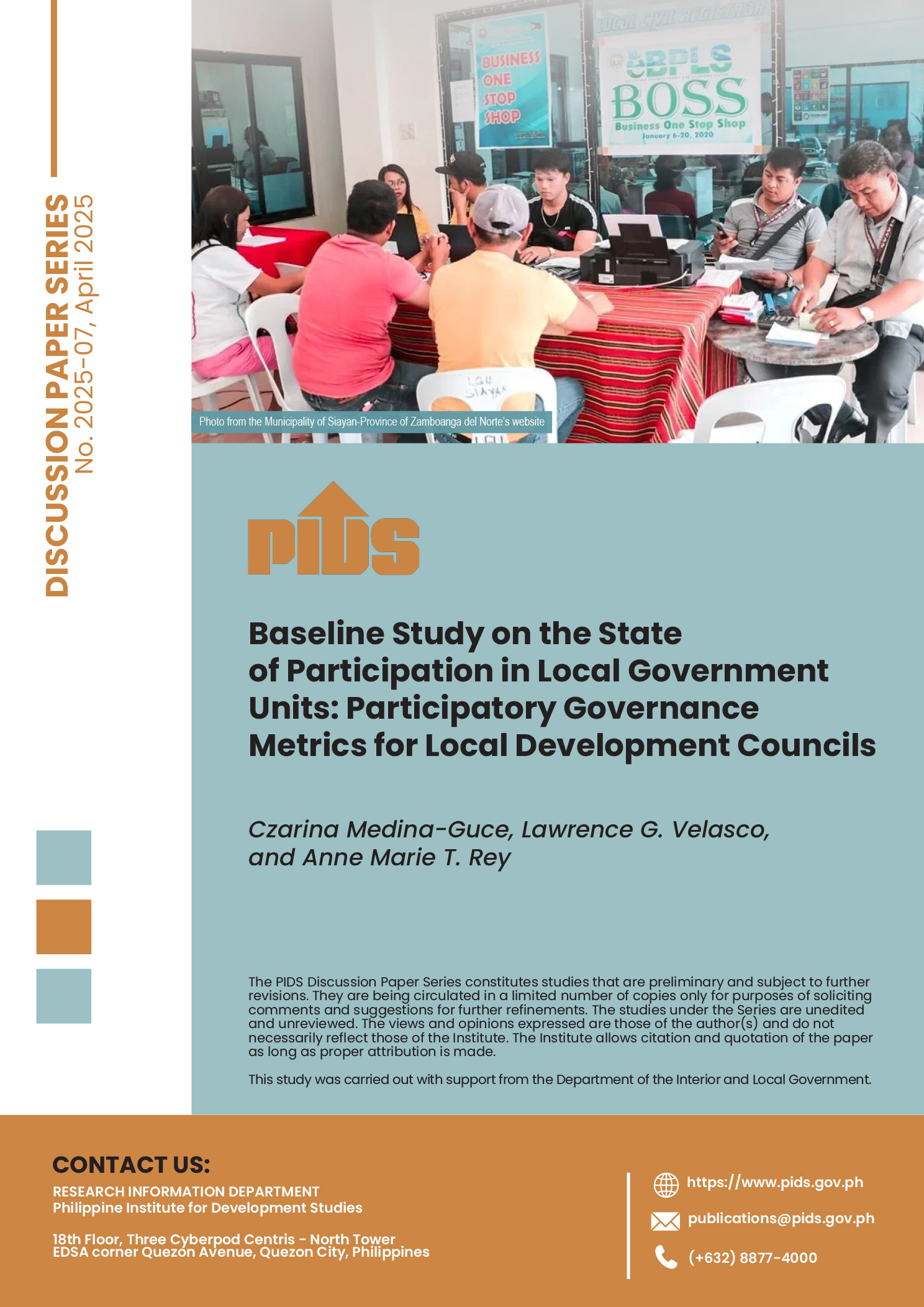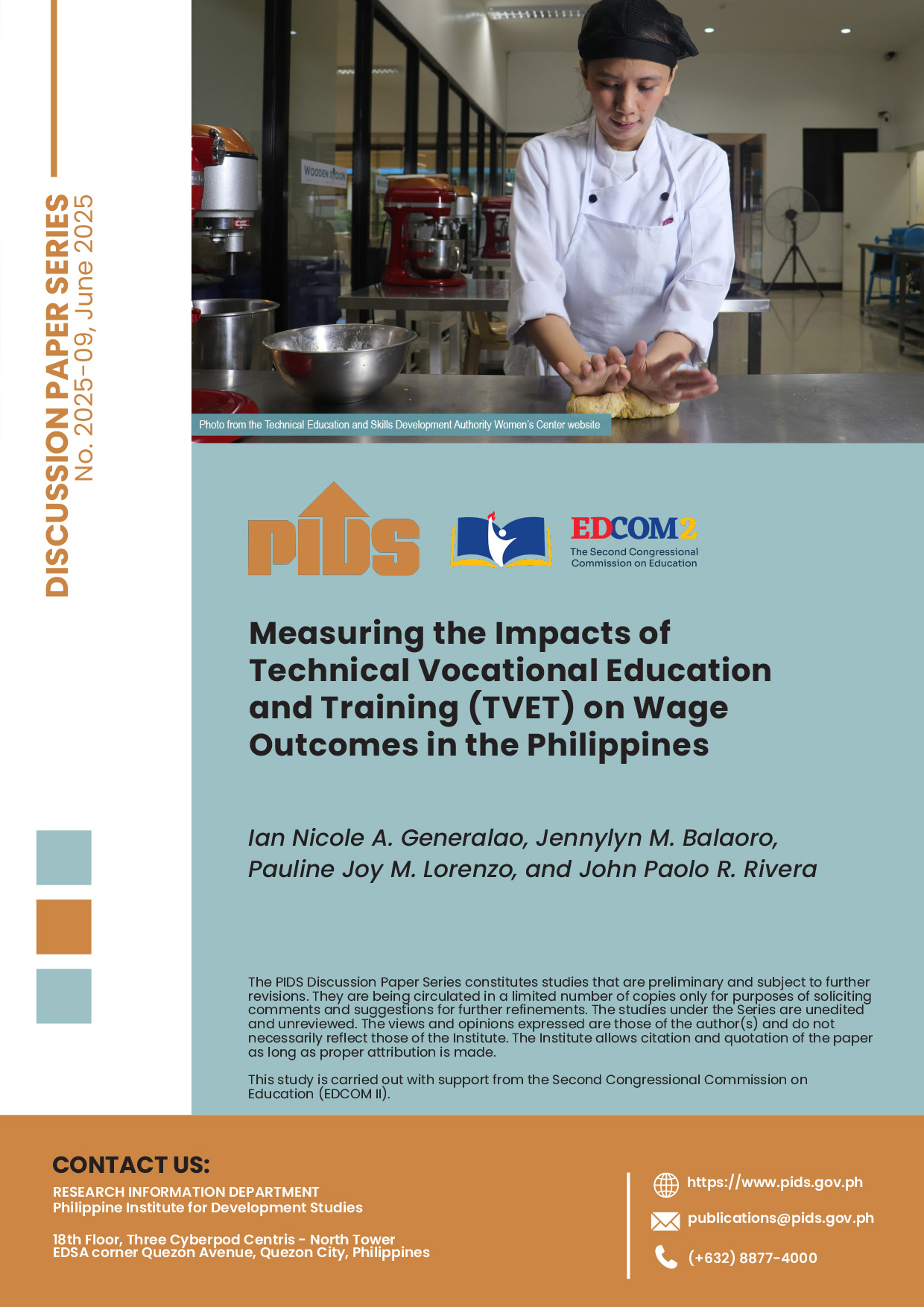DAVAO DEL NORTE, September 17 (PIA) - - A study on jobs challenges conducted by the Philippine Institute for Development Studies (PIDS) stressed that minimum wage policy reduced employment in the country.
This was revealed yesterday (September 16) during the Biz Talk at Big 8 by Dr. Vicente Paqueo, visiting senior research fellow of PIDS and one of the authors of the Labor Policy Analysis for Jobs Expansion and Development.
"Minimum wage reduces demand for workers in small firms; decreases the chances of the young, female, low-educated and inexperienced workers being hired; and raising it results in lower household income,” Dr. Paqueo declared.
Paqueo explained that they found these through clear evidences from impact studies on household income and poverty incidence, employment of enterprises, employment of individual workers from disadvantaged population groups and hours of work.
He added that minimum wage lowers the average number of working-age family members, who will be hired and the average work hours per working-age family members thus lowering household income.
He emphasized that minimum wages and other current labor regulations should not be looked at as the only options to address the plight of workers.
He said that the study recommended the 12-point JEDI approach or Jobs Expansion and Development Initiative Approach.
"The objectives of JEDI are to expand gainful jobs through the acceleration of labor intensive production, particularly manufacturing of tradable commodities and to improve investments in education and other human capital development and sustain total productivity gains,” Paqueo added.
Paqueo said that the study did not call for the abolition of the minimum wage instead the moderation of its increase and adjustments in its application for the poor unemployed and underemployed. (PIA 11, Michael Uy)//
Related Posts
Publications
Press Releases
Video Highlights
[No related items]









